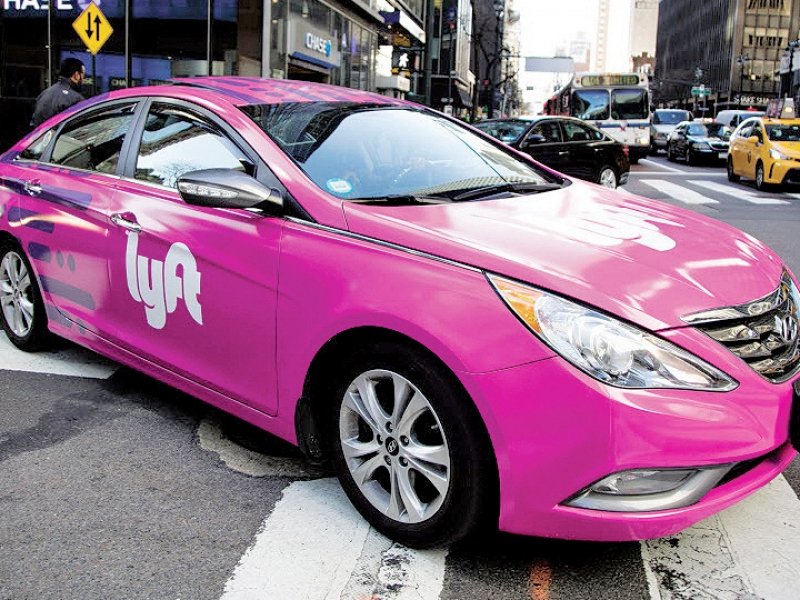
Ride-hailing company Lyft Inc. said Wednesday every vehicle on its ride-hailing and rental car platform will be electric by 2030, but it would not provide direct financial support to drivers for switching from gas-powered cars.
Instead, the company plans to push competitors, lawmakers and automakers to make it easier for drivers to switch to electric vehicles by creating financial incentives, Lyft executives said during a call.
John Zimmer, Lyft’s co-founder and president, said the company has reached a scale to impact policy change.
Lyft, whose vehicle fleet is currently made up of less than 1 percent electric cars, in a statement said it would aggressively promote and help drivers access incentive funds.
“If policymakers do their part in the next few years, EVs should reach cost parity with gasoline vehicles by mid-decade,” the company said.
Environmental activists have called on Lyft and larger rival Uber Technologies Inc. to electrify their fleets. A February study found ride-hail services create around 50 percent more carbon emissions than private car trips.
“Lyft are likely to get hit with regulations pushing them in this direction anyway,” says Colin McKerracher, head of transport analysis at BloombergNEF. “So they may just be trying to get out in front of that and announce it on their terms.”
Uber has not made a blanket commitment to electrification, but is partially subsidizing drivers’ electric vehicle purchases in London.
Electric vehicles are currently more expensive than gasoline ones, but the comparable cost of operating and maintaining them over time is lower.
Lyft said the price for ride-hail trips in battery-powered cars might even decline in the future.
In the past, Lyft has said that 80 percent of its drivers have full or part-time jobs and offer rides to supplement their income.
Many ride-hail drivers also use leasing companies to rent a vehicle and are concerned about the wear and tear to their cars.
Lyft offers rental services for drivers and consumers through its own platform and said it would buy electric vehicles for that fleet, but declined to say how many.
The company also said it was in active discussions with automakers on electrification, but declined to provide details.
This is not Lyft’s first big sustainability move. In 2018, the company announced that it would offset emissions from all its rides globally. With the new commitment, the company will discontinue the offsets program to focus on going fully electric.
Bloomberg contributed to this report.